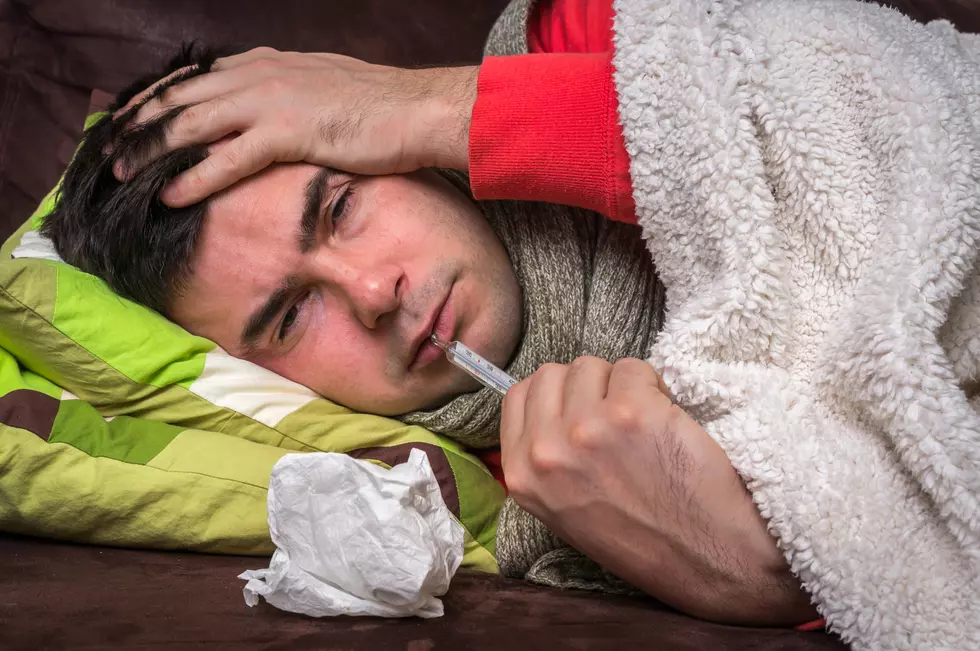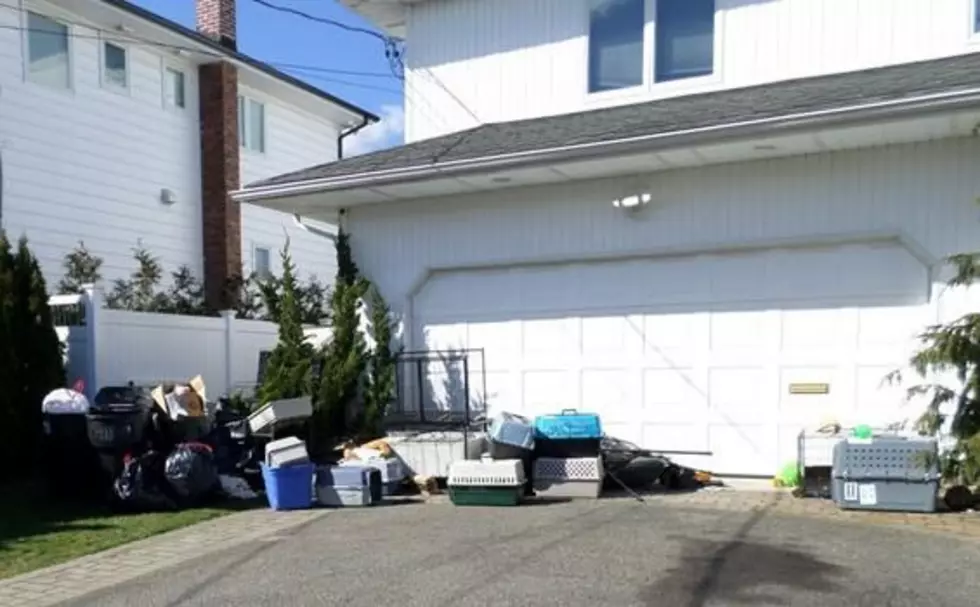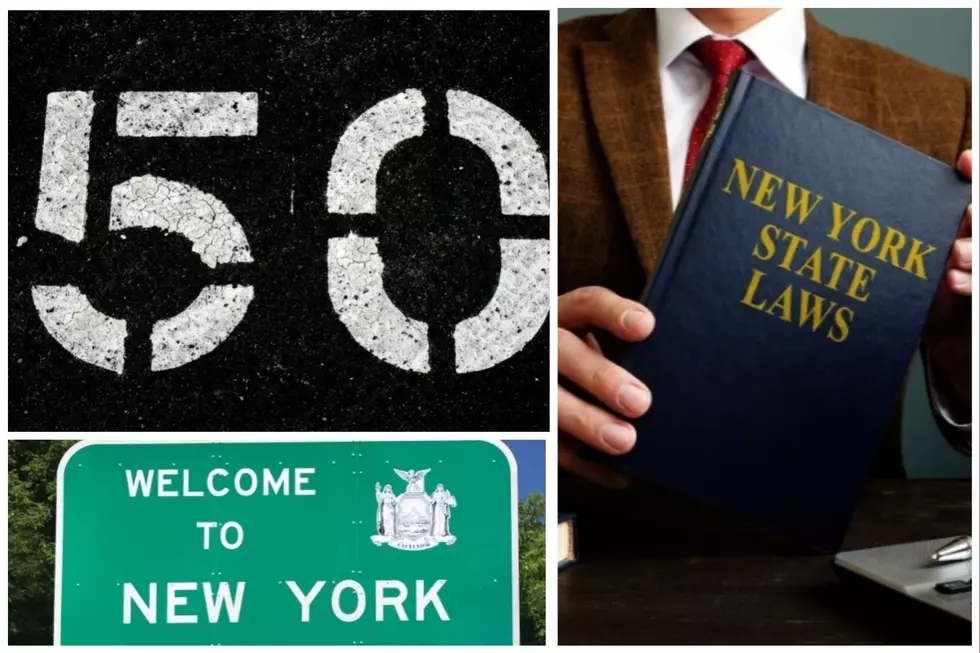
Watch Out: Officials Warn About Hurricane Harvey Charity Scams
It's awesome that so many want to help out the victims of Hurricane Harvey, but sadly we need to watch out for a growing number of charity scammers.
Despite the good will of most, there are some who will try to take advantage of a disaster to steal money from you and the people who need help.
“The damage and destruction caused by Hurricane Harvey throughout Texas and the Gulf Coast is simply unfathomable,” New York Attorney General Eric T. Schneiderman said in a press release. “Unfortunately, there are always some who attempt to take advantage of a tragedy to line their own pockets at the expense of those who are truly in need.”
To avoid being scam, the Attorney General’s office released a number of tips to ensure that your donation is being put to good use.
Research the Charity Organization: Before you send money, become familiar with the organization, its mission and its effectiveness. A real organization will be happy to send you information. Be suspicious if an organization will not provide information about charitable programs and finances upon request.
Know Where Your Money Will Go: Find out from the charity what they plan to do with your money, including the services and organizations your donation will support. Avoid charities that make emotional appeals but are vague in answering your questions.
Give to Established Charities: Donate to organizations you are familiar with or have an experience assisting in disaster relief.
Be Cautious With Telephone Solicitations: Telephone calls asking for donations to charity are often made by a professional fundraiser that is required to register with the Charities Bureau.
Check Before You Text A Contribution: Check the charity’s website or call the charity to confirm it has authorized contributions to be made via text message.
Check Before Donating to an Online Giving Site: Make sure your contribution to on sites like GoFundMe or CrowdRise will go to charity and not to the person raising the funds.
Don’t Respond to Unsolicited Spam Emails: Check the Department of Homeland Security’s tips, such as Avoiding Social Engineering and Phishing Attacks.
Never Give Cash: Credit card and check donations can be accounted for.
If you feel you were contacted by a scammer you should call New York State Police or your local law enforcement agency.
- Gas Prices Are Increasing at an Alarming Rate in New York
- 18 Teens or Children Currently Missing From Hudson Valley
- 22 Ticks With Potentially Fatal Brain Swelling Virus Found Just Outside Hudson Valley
- High-Risk Sex Offender Moves Near Many Hudson Valley Schools
- Missing Hudson Valley Man’s Vehicle, Skeletal Remains Found
Here are this week's Top 5 news stories from the Hudson Valley
More From Hudson Valley Post









